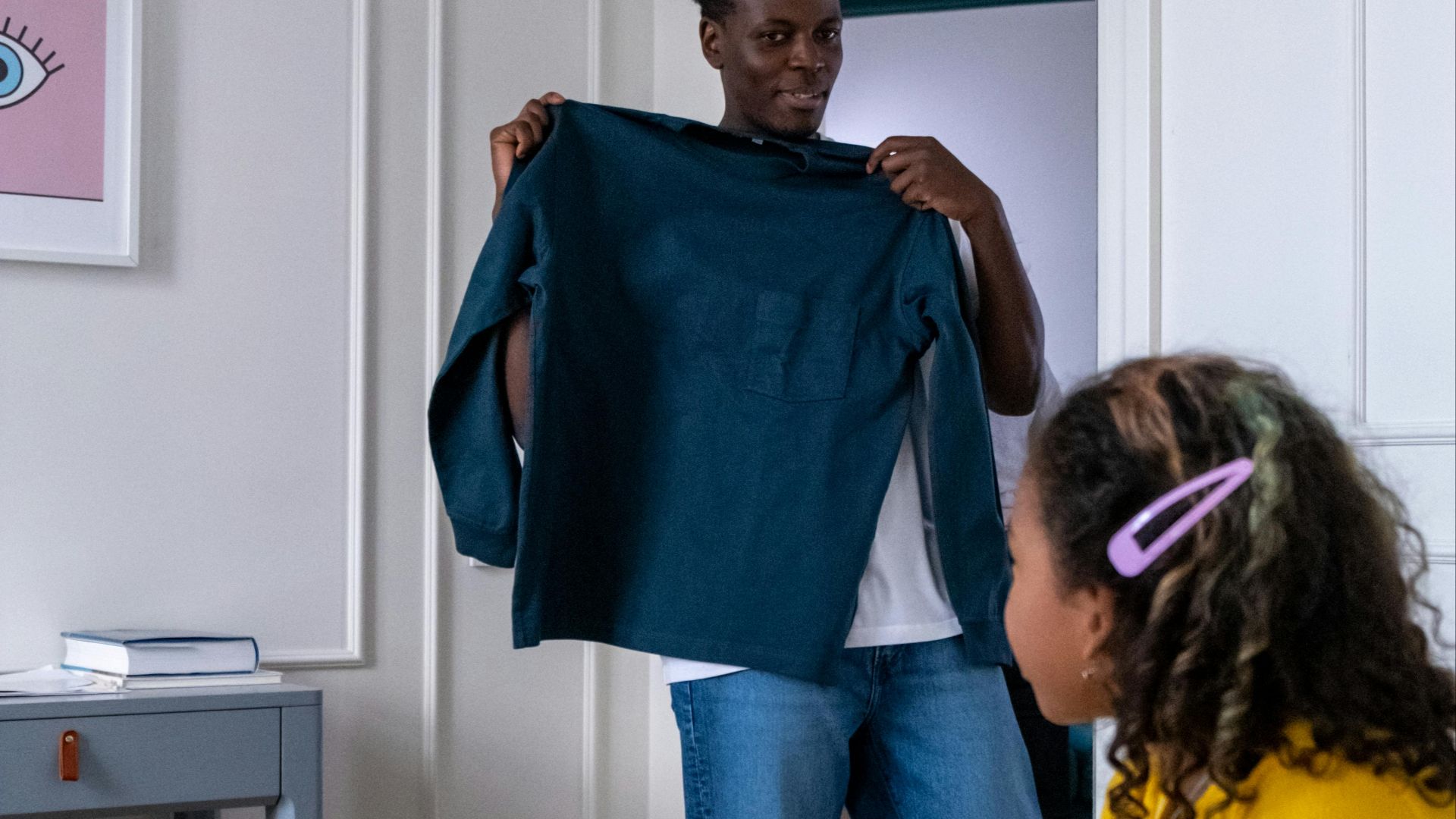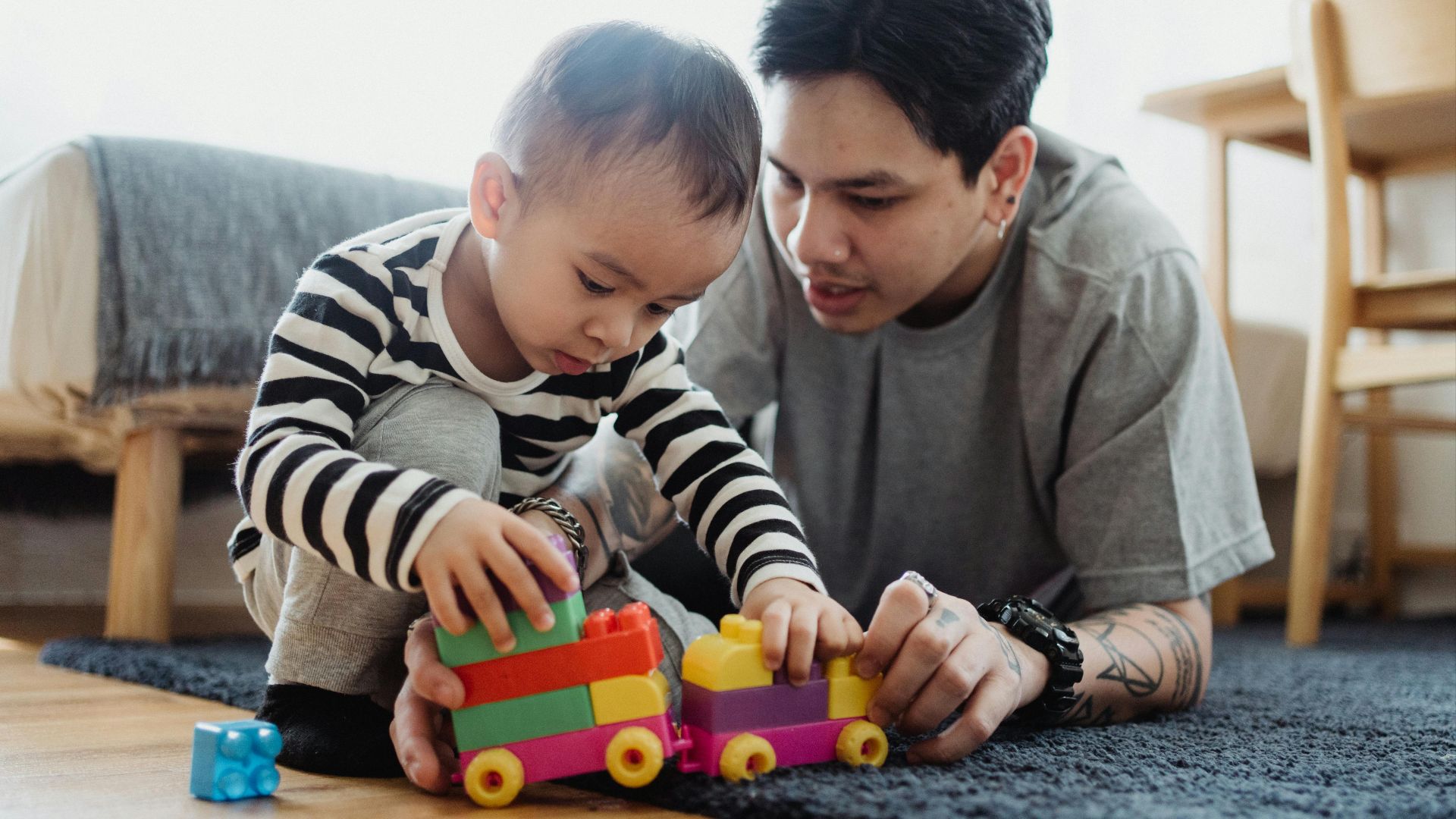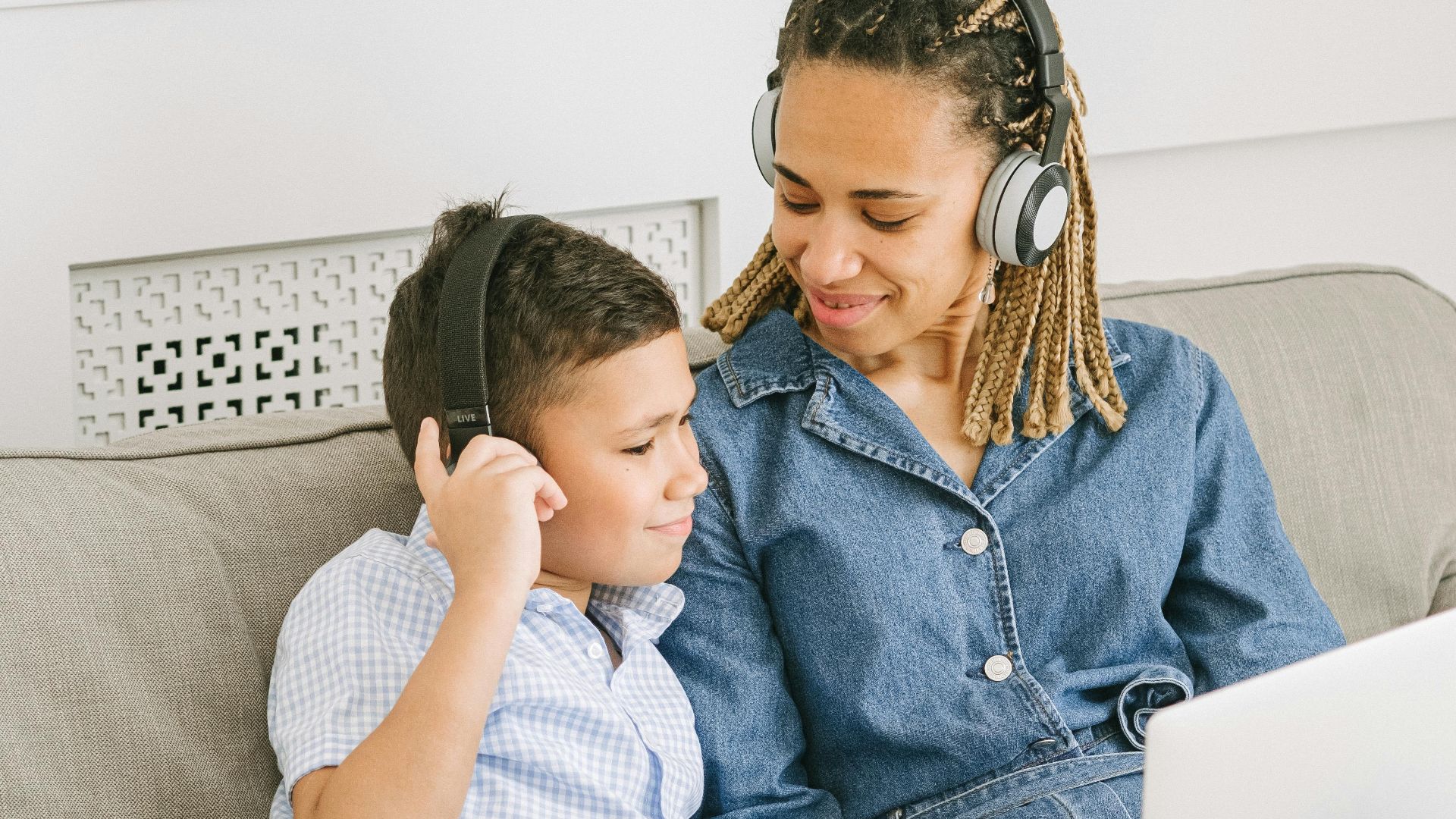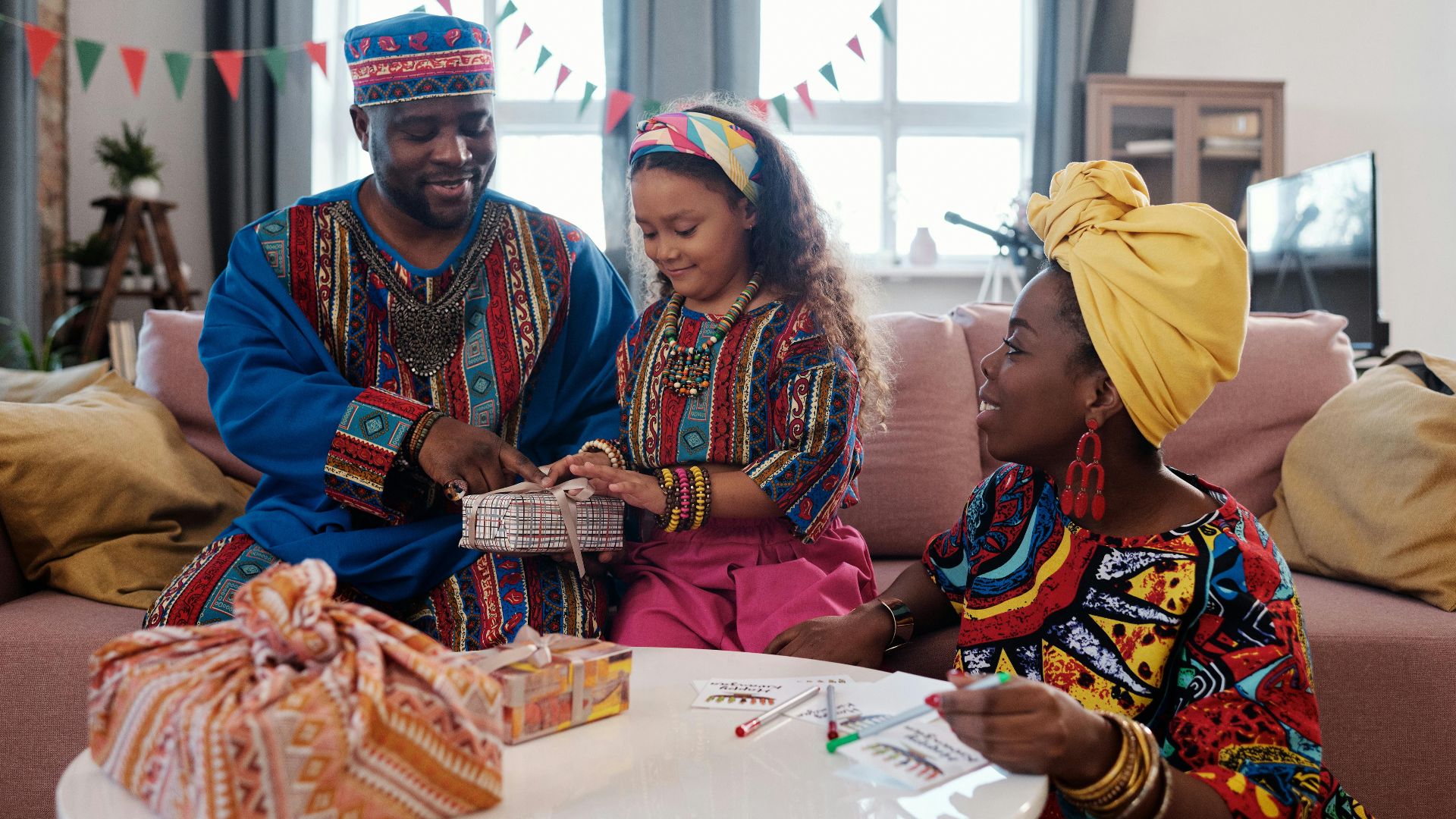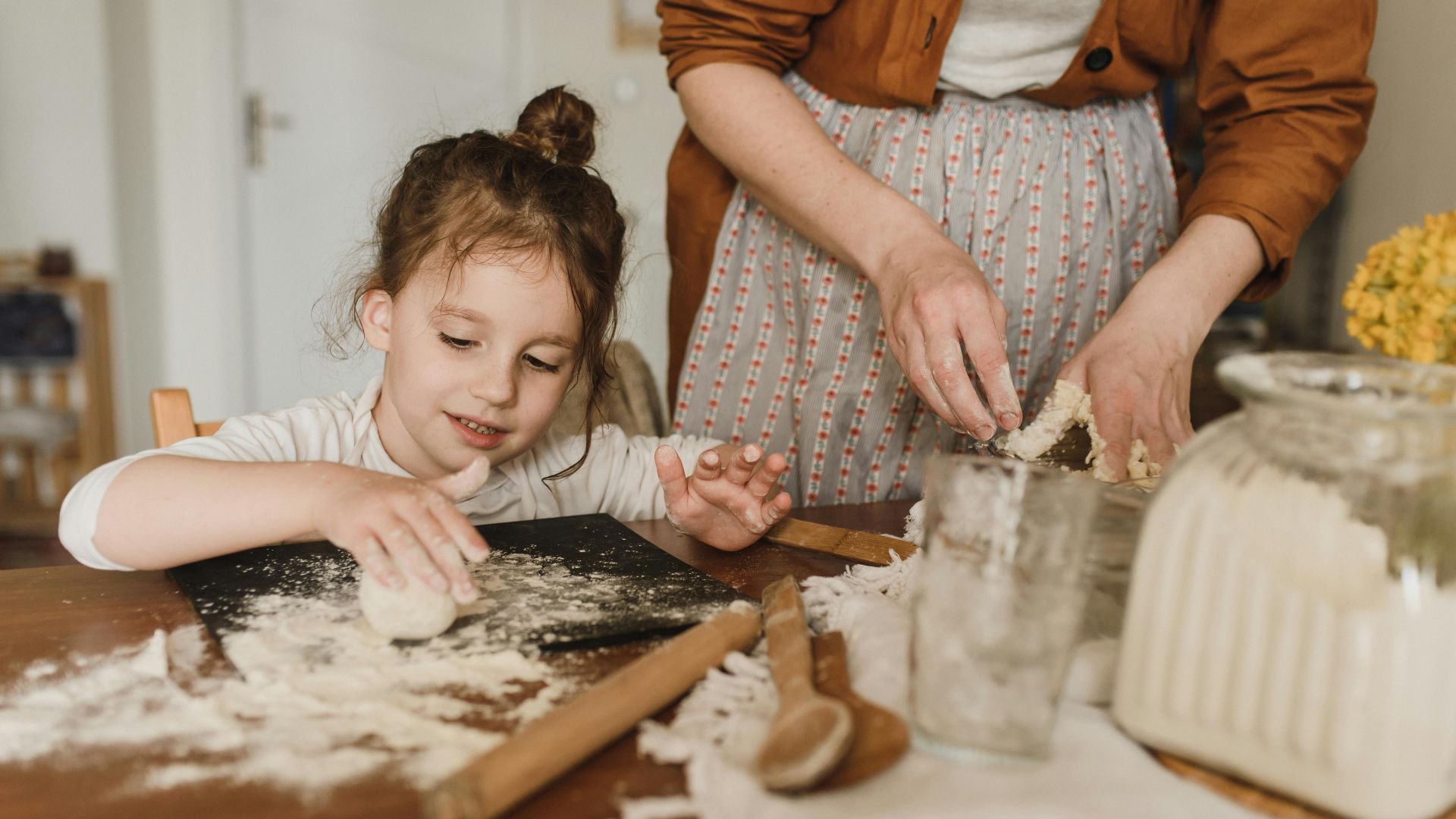How To Be Their Favorite
Kids don't need a superhero in real life. What they want is someone who gets them and makes them feel seen. Being such a cool aunt or uncle means creating memories that matter. Here are a few easy ways to build that connection and be the grown-up every kid likes.
1. Let Them Confide Freely
Children aged 8–13 begin to form complex private thoughts but often lack a safe outlet. Many open up more to non-parent adults when there's no fear of judgment or consequence. So, be available during shared routines. It invites spontaneous and honest conversation without needing to ask.
2. Mix Up A Recipe Reel
Cook up a viral family recipe and turn it into a reel! Be the fun aunt or uncle by teaching kids a secret family dish—like grandma's meatloaf or spicy sambal. Film a fun video together while cooking and sharing laughter with stories. It's a tasty tradition that creates epic memories and cultural pride!
3. Encourage Bold Style
Juniors begin to express their identity through clothing around age 6, but peer judgment intensifies by age 9. If you validate their self-chosen looks—glitter boots, oversized flannel, mismatched socks—it teaches body autonomy. Gender-coded feedback starts early, so countering it with fashion freedom can rewire their comfort with visibility.
4. Monthly Movie Nights
A consistent watch night—same day, same seat, same pizza order—gives children a fixed emotional marker in their month. Films can seed questions they won't raise elsewhere, especially when the credits roll. You can even decode the meaning together.
5. Learn Their Social Media Trends
Dance and sound trends often evolve faster than adults expect, but kids build social capital through this. Learning their current ones helps decipher their inside jokes and mood references. This is useful because, according to Pew Research, 6 in 10 US teens aged 13–17 used TikTok & Instagram daily in 2024.
6. Show Behind-The-Scenes
Many youngsters are unaware of what adults do at work or in their daily routines. Letting them shadow you for part of a day or see how taxes or meetings work demystifies adulthood. It also builds practical expectations early, which can improve their confidence to steer non-school spaces later.
7. Challenge Stereotypes Playfully
Bias starts absorbing by age five. They notice who gets praised or mocked first. So, use funny analogies to highlight patterns, like only boys being scientists or leaders. It makes challenging them a game, not a lecture. Satire sticks better than scolding, especially for pre-teens.
8. Celebrate All Achievements
Major wins (sports trophies and exams) get attention. However, noticing the kids' small wins, such as helping someone or remembering a relative's birthday, builds deeper self-worth. You should acknowledge such moments without comparing them to anyone. This avoids pressure and builds intrinsic motivation.
9. Teaching How To Budget Like A Boss
Be the dopest aunt or uncle by teaching kids to divvy up their $20 allowance like pros—wants, needs. Say, "Save $5 a week, and you'll snag that epic gaming skin in a month!" Introduce them to budgeting apps to make tracking their savings fun and easy.
 Photo By: Kaboompics.com on Pexels
Photo By: Kaboompics.com on Pexels
10. Share Cultural Stories
Kids from diaspora or mixed families often don't learn origin stories unless an adult volunteers them. Spin thrilling family tales of their heritage. These stories spark pride and boost bilingual skills before the age of 12, making you the epic storyteller who connects them to their roots in a way no social media story times can match.
11. Create Secret Handshake
Secret handshakes improve children's social bonding by creating a sense of exclusivity and trust with adults. Such gestures tap into their memory and boost recall. So, add finger snaps or foot taps. Make it silly. This becomes your silent code, especially useful in public exits.
12. Introduce Classic Music
Mozart composed his first symphony at eight, which is about when kids start forming long-term music preferences. Slide in a mixtape with music from previous generations. Their Spotify may scream pop, but you can be the one who handed them the Beatles before puberty hit.
13. Volunteer Together
Food banks in some states allow minors to help starting at age 10, with adult supervision. Choose a local drive that connects to their interests—animal shelters, beach cleanups, and toy sorting. Volunteering teaches how communities function without moral speeches. They learn empathy by doing, not hearing, and they'll love you for showing it to them.
14. Talk Openly About Mental Health
The word "melancholy" was used in children's literature as early as the 1800s to describe moods, not disorders. Little minds know when adults pretend to be fine. So say "therapy" like you say "dentist." If you casually mention your weird days, you create space for them to avoid pretense.
15. Give Honest Feedback
Many eight-year-olds can detect inauthentic praise. "Good job" means nothing if it's your default setting. Try: "You're improving how you describe characters when writing—want help with that twist ending?" It sticks better when feedback sounds like a real investment.
16. Teach DIY Gift Making
Crafting boosts creativity, with most kids feeling prouder of handmade gifts. Arm them with yarn, salt dough, or a glue gun—just supervise. Let them craft chaos. It teaches personal effort and budget-savviness. Auntie-led projects often become their go-to backup for birthdays, especially in a pinch.
17. Support Unusual Choices
If your niece or nephew wants to be a chef, a zookeeper, or a YouTuber, don’t brush it off. Ask questions. Show that you care. Their dreams might keep on changing, but when they know an adult takes them seriously, it helps kids stay confident in who they are—and who they might become when they grow up.
18. Create Annual Traditions
The word "tradition" in Latin means "tradere," meaning "to hand over." Even made-up holidays count. Maybe every August 8th becomes Pajama Museum Day, where you both visit a gallery in costume. These dates stick harder than birthdays—because they're invented with you, not inherited.
19. Watch Shows Without Mocking
Animated teen dramas are the 21st-century soap operas. Shows like "The Owl House" or "Heartstopper" reflect real emotions wrapped in metaphor. Watch without snark. When you respect their TV, they feel safe bringing up their insecurities, hidden inside cartoon witches or painfully awkward first kisses.
20. Turn Bedtime Tales Into Brain Fuel
Goldilocks broke into a house, trashed the place, and bailed, totally unpunished. Ask the kid if that seems fair or how they'd rewrite it. It's a fun way to sneak in big ideas without sounding like a boring grown-up. You're not correcting their views. You're equipping them to rewrite, and they’ll love it.





